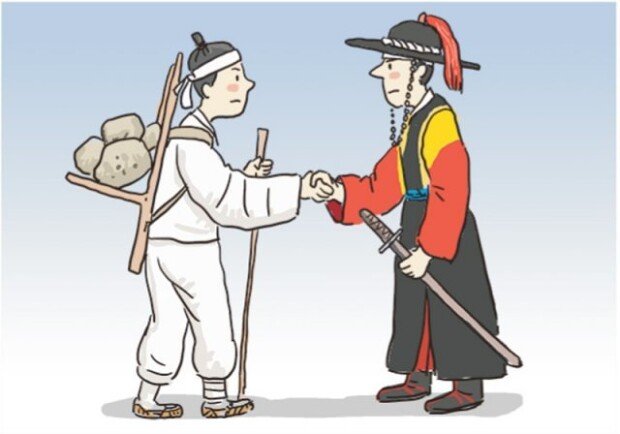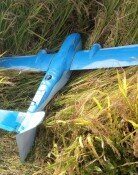Wars fought off by soldiers and civilians
Wars fought off by soldiers and civilians
Posted December. 06, 2022 07:37,
Updated December. 06, 2022 07:37

The Haengju Battle is well-known as one of the top three battles during the Japanese Invasion of Korea in 1592, along with the Jinju Fortress Battle and the Hansan Battle. Narrow guns, cannon-fired metal balls, and other gunpowder weapons of the Joseon Dynasty played a crucial role in the war. A new weapon was unveiled at that time: Hwacha, invented by Byeong Yi-jung.
The traditional Hwacha used in the earlier years of the Joseon Dynasty was a weapon that fired like a multiple-launch rocket weapon. The Hwacha invented by Byeon, however, featured cannon barrels. An armor plate was placed on three sides of the cart, on which forty cannon barrels were installed.
It is uncertain how many units of Hwacha were used in the Haengju Battle and how it contributed to the victory, as there is no detailed description in historical records. Admiral Kwon Yool sent Governor Shin Kyeong-hwae of the Kosan hyeon to King Seonjo to report the victory. Shin described the battle and the situation of the Southwestern region and criticized Byeon, who the king dispatched to take charge of military forces and supplies, for commandeering too many supplies from the people rather than commending his work for inventing the Hwacha.
In such situations, historians, as well as people of contemporary times, ponder about what is right. Was Byeon’s commandeering justifiable? To what extent can the government demand the people?
There are also good stories about the Haengju Battle, where women carried rocks in their aprons to help win the battle. Some say that the term “Haengju Apron” was originated from the battle. This story is frequently cited as a leading example of the military joining forces with the people to claim victory. However, the stories may not be true. There are no historical records of civilians entering the Haengju Fortress, let alone women taking part in the battle.
All wars are carried out with both the military and civilians. The way the Haengju Battle was waged, however, was not a desirable one. A country where soldiers fight at the front line and civilians do their jobs in everyday life, where everyone endures own burden and overcomes agony together, emerges as the winner. That is why a sound mind and strong determination of people are important. People who succumb to pleasure and complacency cannot overcome war.



![‘건강 지킴이’ 당근, 효능 높이는 섭취법[정세연의 음식처방]](https://dimg.donga.com/c/138/175/90/1/wps/NEWS/IMAGE/2026/01/18/133181291.1.jpg)



